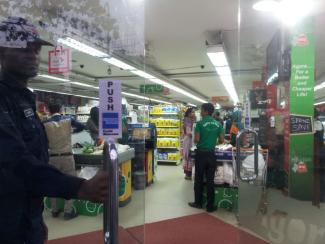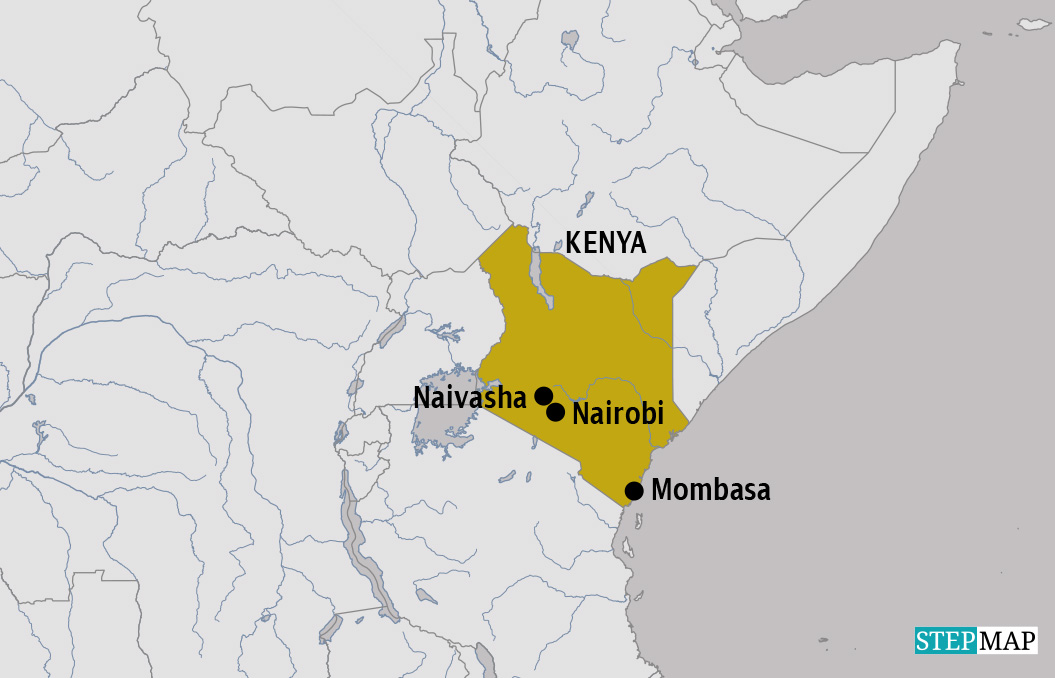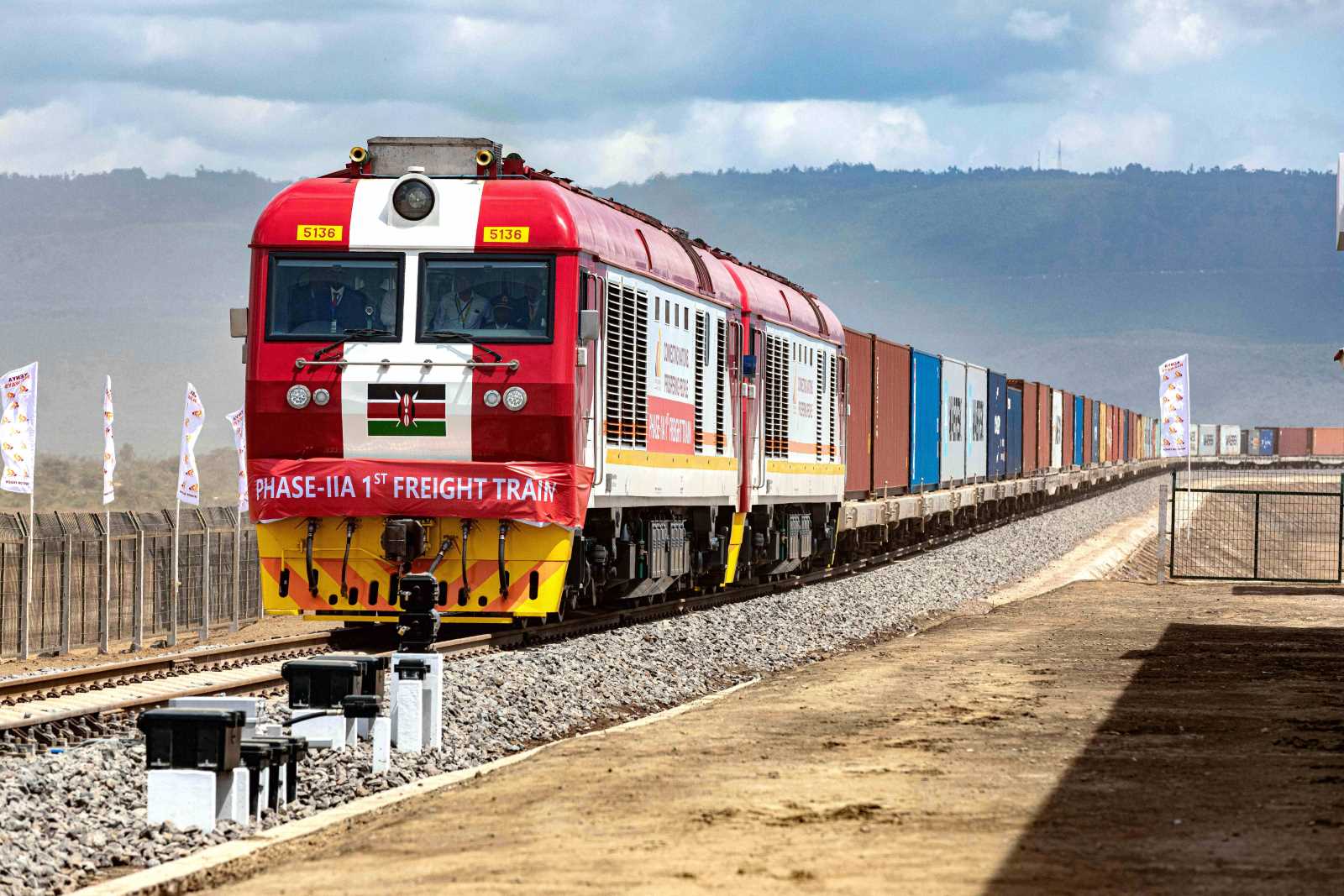Structural change
The retail revolution

Supermarket chains are sweeping through Latin America, Asia and Africa. In some world regions, such as Latin America, the retail revolution set in decades ago, so retail markets there are now dominated by hyper- and supermarkets, discount stores and similar business models. In other world regions, such as Africa, the ascendency of supermarkets is underway. In a few countries, such as India, the great sea-change has only just begun.
The outcomes differ too. In Latin America, large national chains have arisen. They are now operating at an international level. In other regions, transnational corporations such as Walmart and Carrefour dominate. In sub-Saharan Africa, South African chains are especially strong, though supermarket-brands from Kenya and Botswana are also branching out into neighbouring countries. The wholesale chain Metro is the only global player from Germany (see Philip Bacac in D+C/E+Z 2014/06, p. 240).
The rise of supermarkets has wide-ranging impacts on communities. Supermarkets compete with traditional retail models. Substantial market shares move from little “Mom and Pop stores” and informal street trading to the supermarkets. Because the latter are organised in a far more productive manner and are able to make the same profit with far fewer employees, many small- business owners and their staff lose their livelihoods. Such dynamics are an inevitable part of structural change. The displacement of less productive business models by better organised ones is a part of technological progress and can be seen as a positive change, provided that the people who are displaced can shift to other productive livelihoods.
In most of industrialised countries, the modernisation of the retail industry occurred without causing mass unemployment. The owners and employees of small businesses had at least one generation for adjusting their business models or opting for different livelihoods.
The situation is different in many developing countries. “Supermarketisation” is virtually occurring at warp speed as multinationals penetrate into informal retail markets. Adjusting is extremely hard. The productivity gap between an informal small trader and the likes of Walmart is enormous. Moreover, small traders have very few attractive employment alternatives, and there are no training programmes or other kinds of support for them. Under such conditions, displacement causes severe problems.
Local supply chains are affected too. Where small retailers were once purchasing modest product quantities from local farmers and small enterprises, the procurement departments of giant corporations are now buying container loads of standardised products with certified quality from companies that operate at national and even international levels. Structural change has a massive impact on supply chains, leading to higher productivity, market consolidation and displacement.
Supermarkets have many advantages however. Consumers appreciate the diverse range of products, comfortable shopping and the low prices that mass production facilitates. Getting orders from supermarkets, moreover, means opportunities for suppliers to modernise operations and stabilise their sales. To the extent that local companies adopt new technology (barcodes, for example) and modernise the work flow, they become more productive.
Another strong point of supermarkets is that they usually observe standards that guarantee high quality. Moreover, they set the trends for brand differentiation – for example, by introducing ecological or fair-trade brands. It is noteworthy that large chains such as Walmart and Tesco are leaders in terms of setting sustainability goals and implementing action accordingly. For example, they define and meet recycling quotas.
Moreover, supermarkets contribute to food safety as their more efficient supply chains reduce the percentage of expired foodstuffs. At the same time, however, they also eliminate foodstuffs of less than perfect appearance and encourage people to eat unhealthy junk food.
Policy choices
Overall, the social impacts are diverse and strong. The challenge thus lies in steering the retail revolution in a way that minimises the downsides of adjustment and maximises the gains of modernisation. It would be unwise for a government to fundamentally resist the obviously superior modern business models or attempt to wall off the market. Doing so only entrenches less productive trade practices with high prices for consumers, low margins for traders and high loss rates in regard to inefficient logistics .
In a study (Altenburg et al, 2016) that we prepared on behalf of the German Development Institute (Deutsches Institut für Entwicklungspolitik, DIE) and GIZ (Deutsche Gesellschaft für internationale Zusammenarbeit), we therefore endorse incremental, actively designed adjustment strategies. The focus must be on the learning actors at the nation-state level.
The study shows that there are dozens of specific options. Some supermarkets are already striving for sustainable development voluntarily, but that is mostly the case in wealthy countries where consumers exert relevant pressure. Examples include:
- cooperation with artisanal food pantries,
- special shelves for regionally-sourced or environmentally-certified products,
- foregoing plastic bags,
- targets to reduce CO2 emissions and packaging waste, and
- the use of recycled materials.
In developing countries, governments could make the issuance of licenses to new supermarket branches dependent upon the social services rendered. They could also host public award ceremonies for those companies that perform particularly well, thus boosting those companies’ public image. They can provide advice to local suppliers, support them financially, provide free certifications and take many other relevant measures.
International partners can support such efforts in many ways too. For example, in a developmental partnership with Metro, the GIZ supported local small meat and fish producers in Vietnam to meet quality standards so they could become Metro suppliers. Governments can introduce regulatory restraints to protect local small business from unfair competition, for example, by defining a time by which all stores must close or by limiting the size of chain stores in urban areas. It is worth emphasising that regulatory restraints of this kind are used much more consistently in industrialised countries – including the free-market-obsessed United States – than in developing countries.
Overall, our study shows that active policy interventions are hardly seen in developing countries. One of the few positive exceptions is South Africa. Many countries, including virtually all of Latin America, have opened up their markets practically unconditionally to the international supermarket chains and are doing hardly anything to regulate the industry. Some Asian countries, above all India, are putting brakes on the market entry of foreign retail chains through massive bureaucratic restrictions, arguing they want to avoid the undesirable impacts of displacement. However, these countries lack a positive strategy to build modern, socially inclusive and environmentally sustainable retail sectors. Some countries are at least taking selective action, for example, by supporting agricultural supplier operations.
It is remarkable, however, that we did not find a single country that had an explicit strategy for steering the supermarket revolution in a manner systematically geared towards developmental goals. Such a strategy would obviously require coordination across several areas of responsibility, including urban planning, anti-trust action, business promotion, consumer protection and many others. There is thus no central agency for coordinating any national adjustment strategy.
It is similarly remarkable that most international development agencies are not pondering the issue. Only a few, including USAID (United States Agency for International Development) and GIZ have adopted some specific measures, concerning the certification of supply chains, for example. Despite the massive impacts of the retail revolution and the many options for implementing relevant policies, not a single agency has so far drafted a coherent concept. It is especially irritating that the IFC (International Finance Corporation), a member of the World Bank Group, is financing supermarkets and shopping malls in developing countries without any consideration of the consequences.
Tilman Altenburg heads the division for sustainable economic and social development at the German Development Institute (DIE – Deutsches Institut für Entwicklungspolitik).
tilman.altenburg@die-gdi.de
Link
Altenburg, T., Kulke, E., Hampel-Milagrosa, A., Peterskovsky, L., and Reeg, C., 2016: Making retail modernisation in developing countries inclusive. A development policy perspective. Bonn: DIE Discussion Paper 2/2016 .
https://www.die-gdi.de/uploads/media/DP_2.2016.pdf














